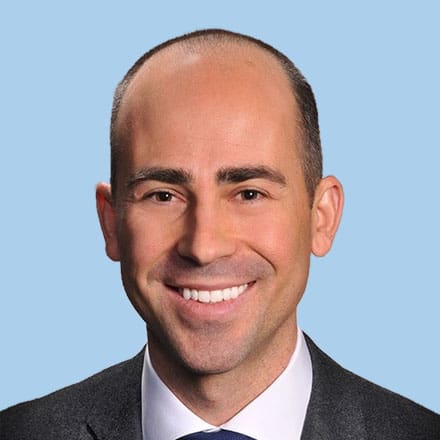Inside Angle
From 3M Health Information Systems
Quality measurement overload: Focusing on measures that matter
When I was a young primary care physician, all I wanted was more time to spend with my patients. Each day felt rushed, prodded by the fee-for-service system that incentivized more patient visits. I was stressed and my patients were unhappy when I inevitably ran behind during a packed clinic day.
Value-based payment initiatives have been a welcome, rational solution. Pay me for high quality care and then time is no longer the measure of the value I bring to my patient population.
But how we measure quality in the U.S. has turned into a scattered, unreliable, costly and time-consuming undertaking.
The number of quality measures, spread across numerous payers, makes it challenging for health care providers to focus care efforts. Additionally, whether measures are tightly linked to clinical care, or focused on processes or outcomes versus some social risk factor or other confounder varies widely.
Assuming all health care stakeholders agreed on the number and makeup of the suite of quality measures, the next logical step is to question if comparisons of physician performance are being applied fairly. Are their populations adjusted for clinical and social risk factors, so physicians are not punished when caring for a complex pool of patients?
Finally, the whole point of collecting quality data is to inspire improvements in care. Like many physicians, I am naturally competitive and want to be a top performer in most things with which I’m involved—especially when it comes to taking good care of my patients. To do that, however, I need timely feedback of data that tells me how well I’m doing. That is still a major shortcoming of today’s health care delivery system.

Join us on April 29 as we discuss our thoughts on meaningful quality measurement that promotes high-value health care.
Dr. Travis Bias is a Family Medicine physician and clinical transformation consultant with 3M Health Information Systems.


